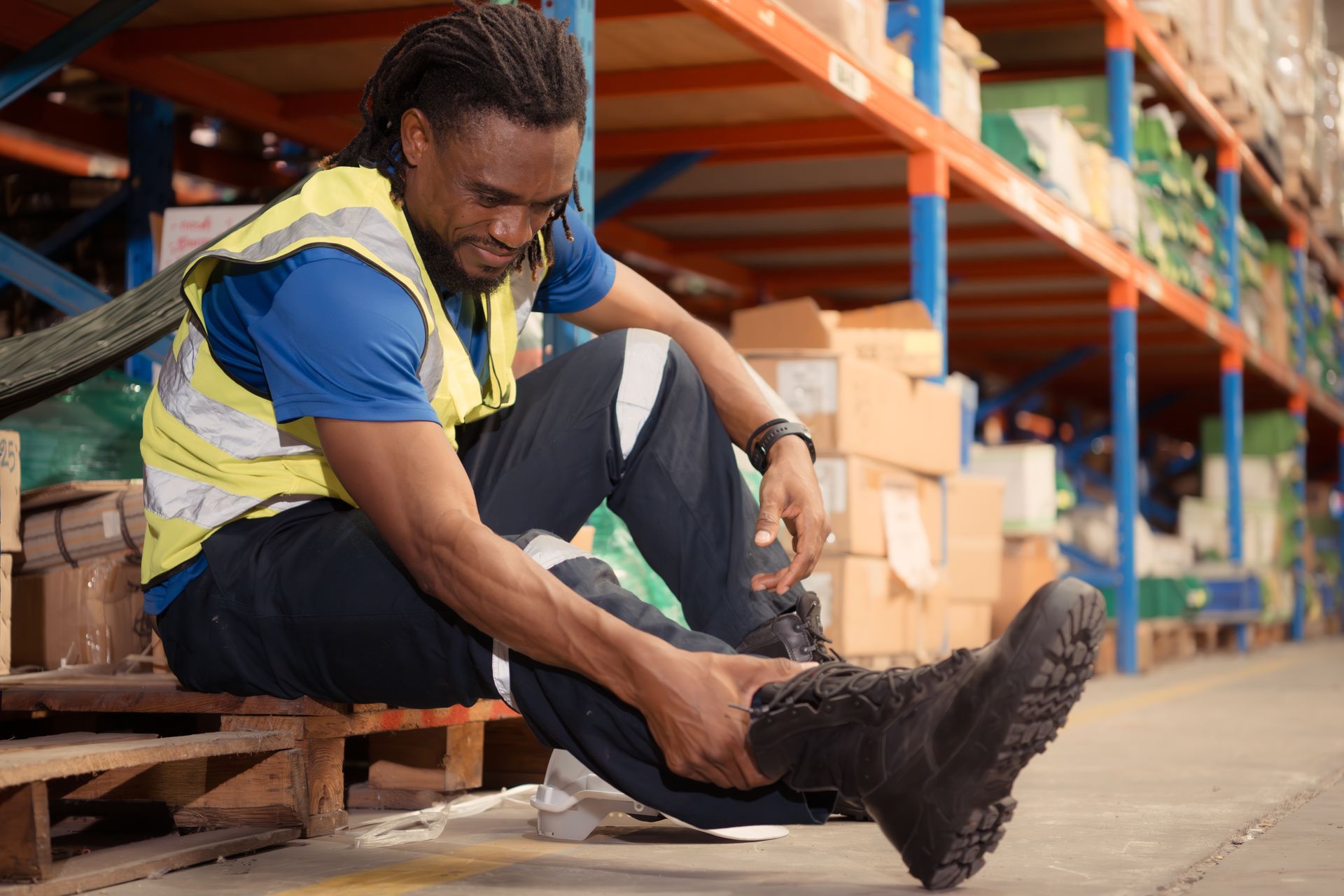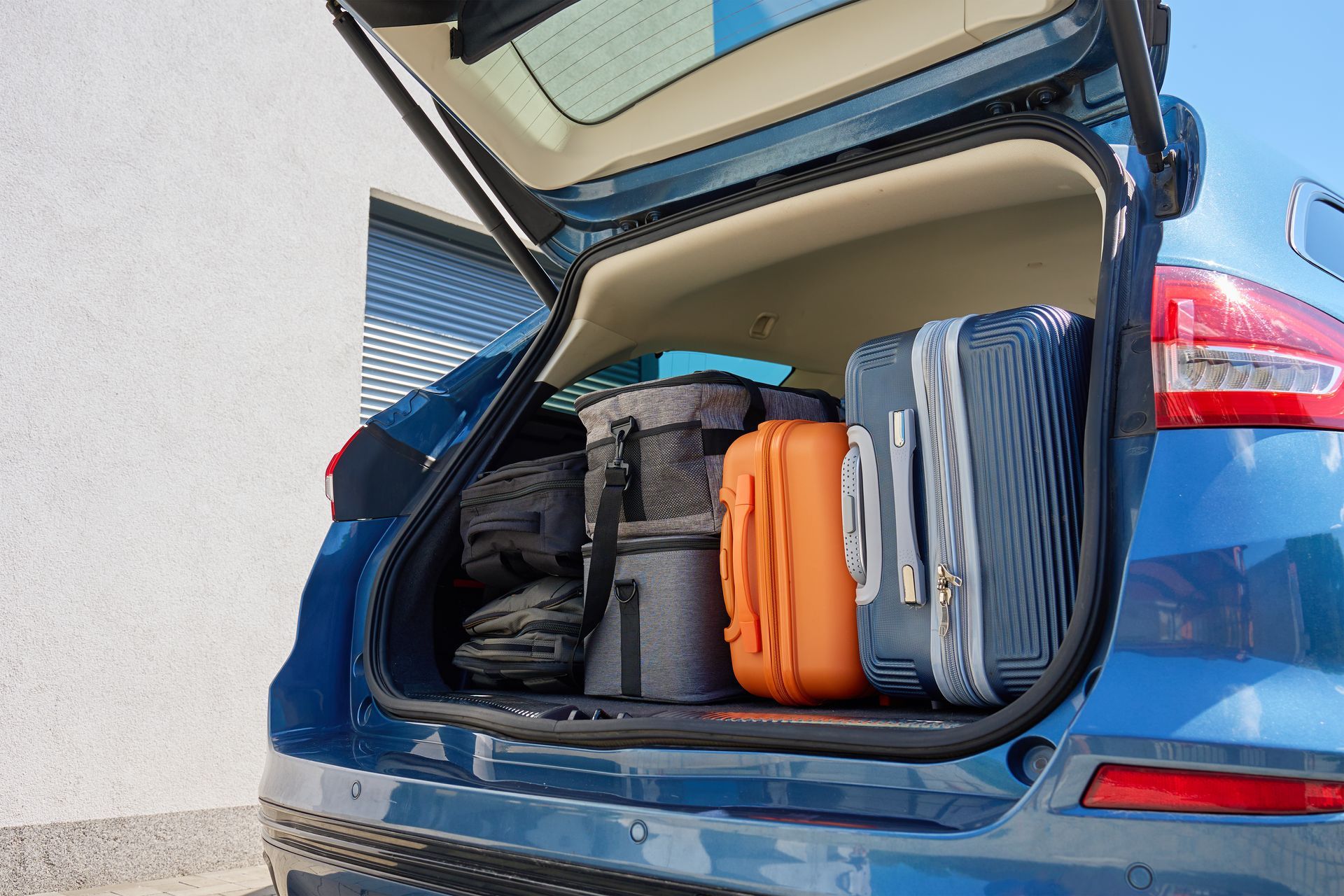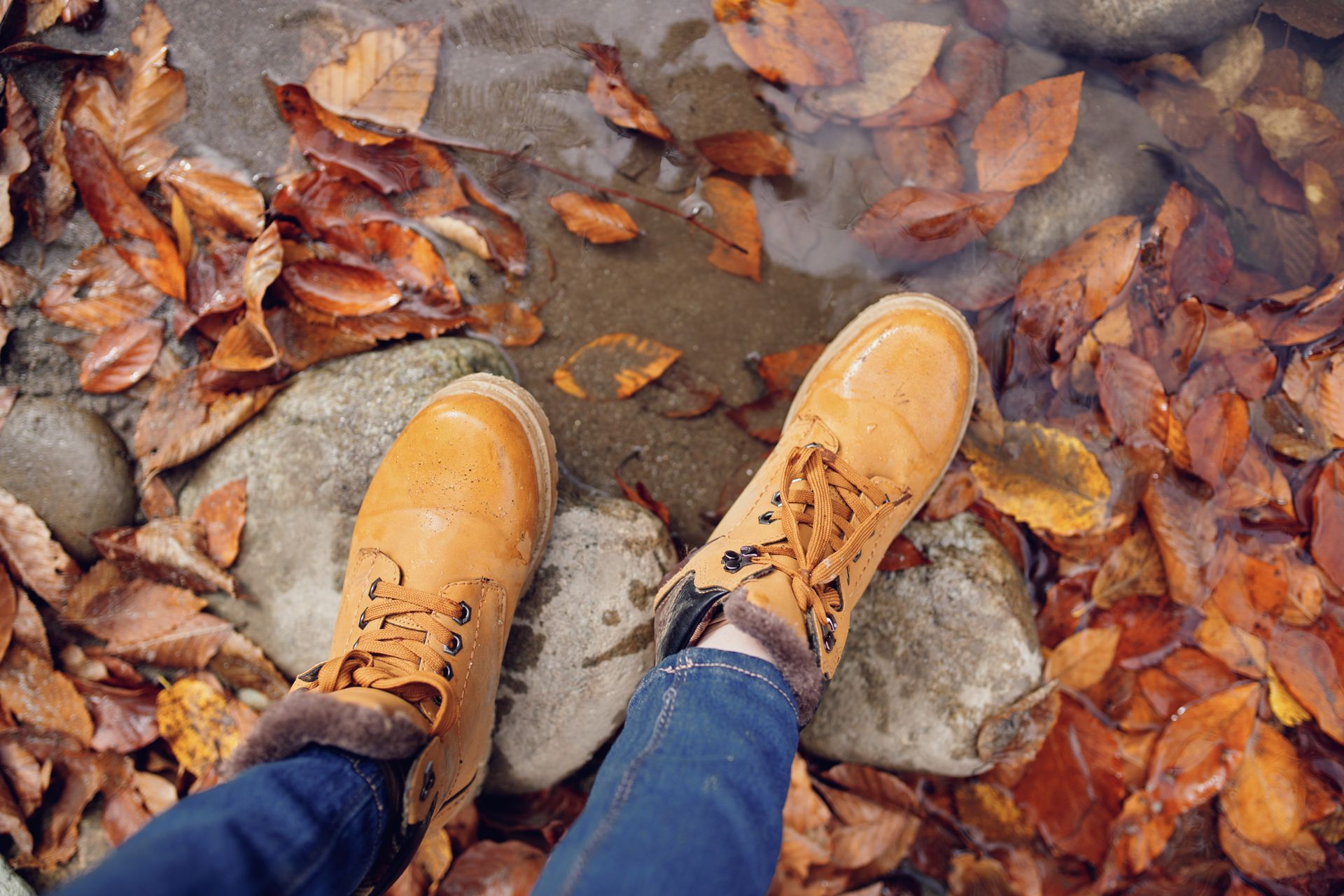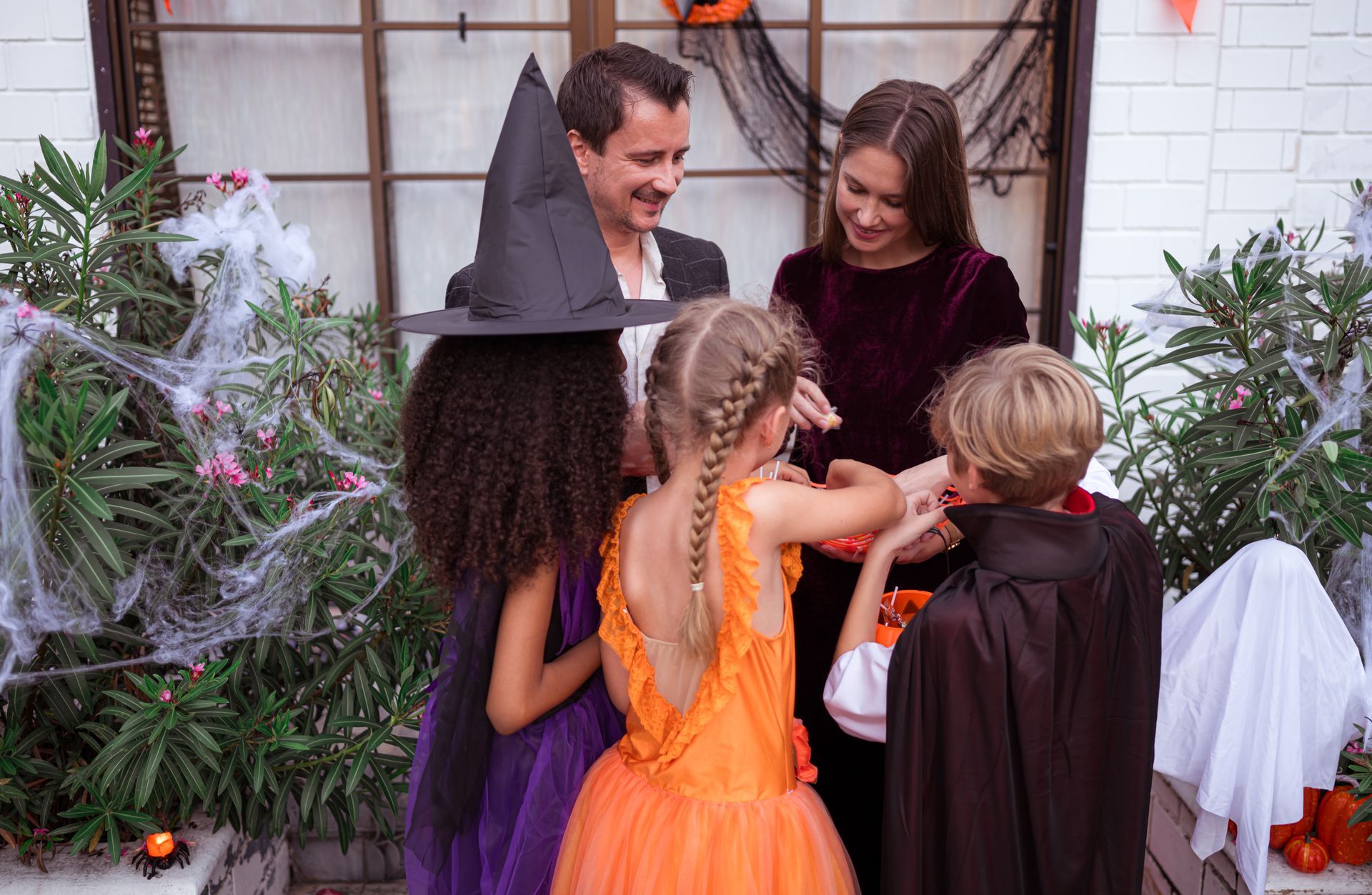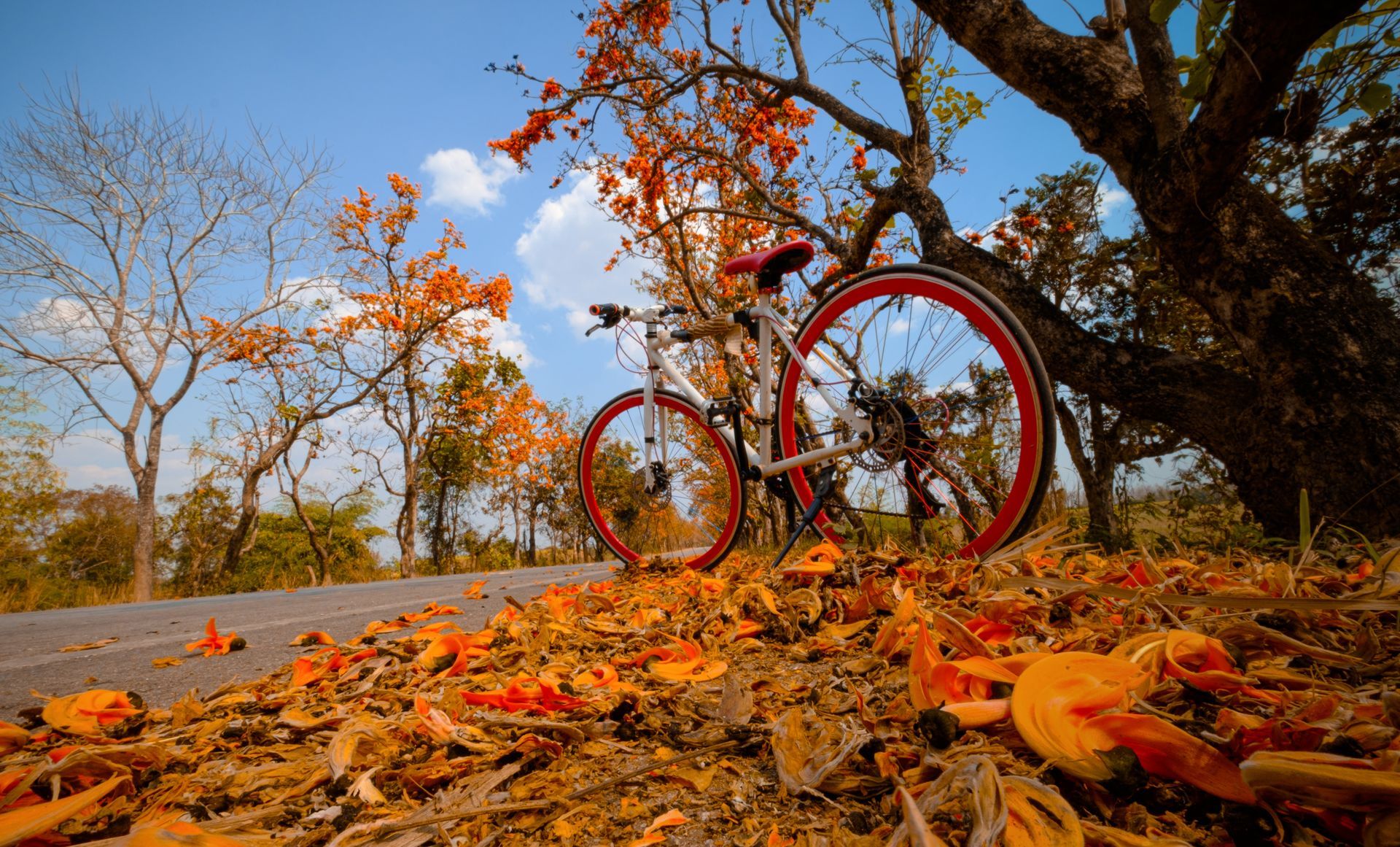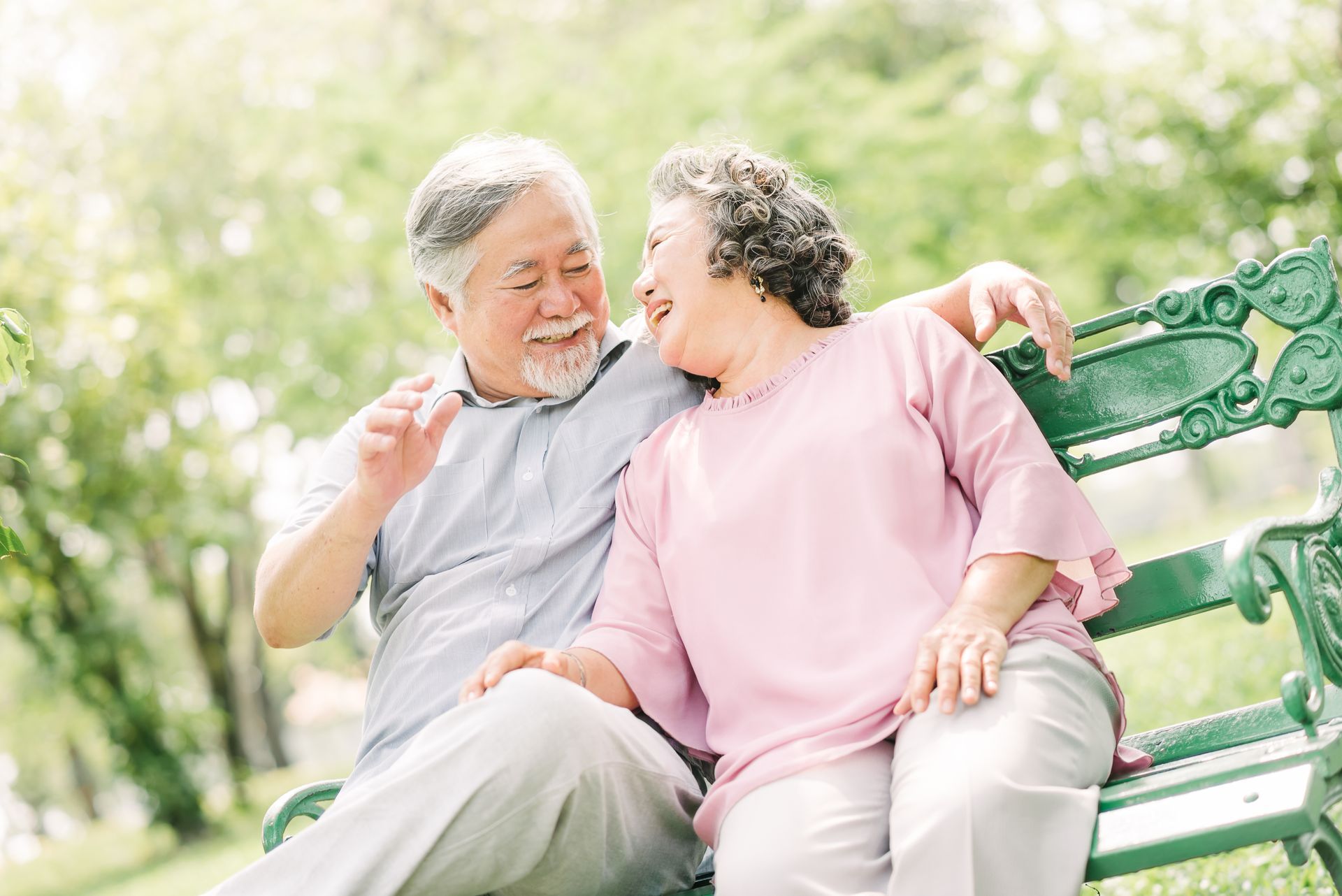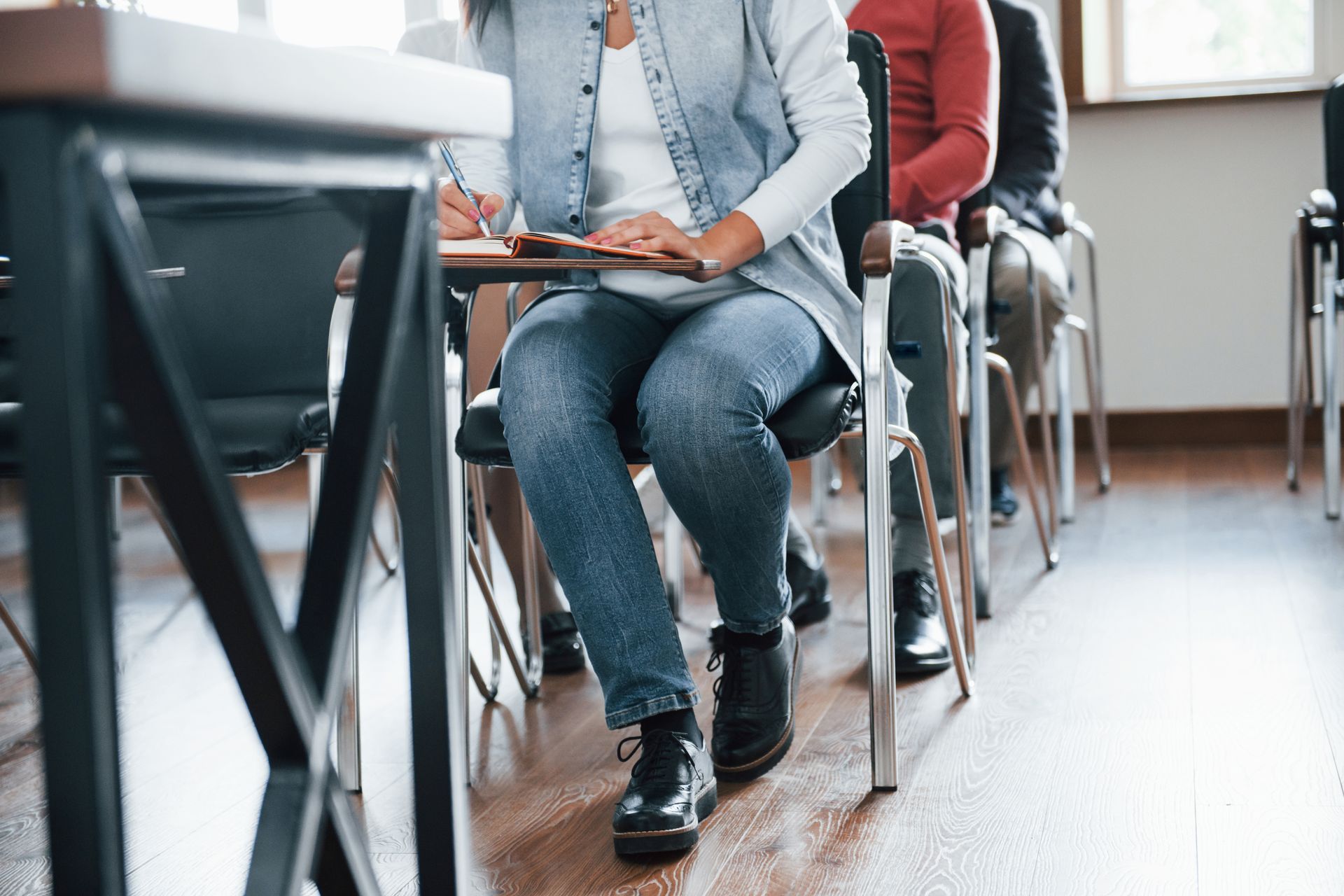What to Do About Bulging Veins
Originally posted on Healthy Cells Magazine.
Are there bluish-purple or red lines popping out on your legs? Those could be varicose veins. Varicose veins are swollen, twisted veins that lie just underneath the skin’s surface. They aren’t just a cosmetic issue. If they aren’t treated, they can also cause health problems.
According to the National Institutes of Health, by the age of 50, nearly 40% of woman and 20% of men will have leg vein problems.
Varicose veins are caused by blood pooling in the veins. This can make them bulge. Varicose veins most often occur in the legs, but they can appear other places too. The veins farthest from your heart have the toughest job. They must move blood a long distance back to your heart—and work against gravity to do it.
Your heart pumps oxygenated blood out through arteries to your organs and other tissues. Once your body uses the oxygen, the blood makes its way back to the heart through your veins. Then it’s pumped to your lungs to pick up oxygen before being sent around your body again.
Veins have one-way valves that let blood flow forward. The valves then close to keep blood from leaking backward. When a valve doesn’t function properly, blood can flow back down the vein. This can cause the blood to pool in the vein and keep it from going back to the heart. Blood pooling in the veins stretches them out—creating the swollen, twisted veins that can be seen and felt through the skin.
Blood can pool in both large and small veins. When this happens in small blood vessels, or capillaries, they’re called spider veins. Spider veins usually appear on your face or legs. They’re very thin—like a spider web—and can be red or blue. Spider veins don’t usually bulge out like larger varicose veins. They can be a cosmetic issue, but don’t normally cause bigger problems like varicose veins can.
If not treated, larger varicose veins can become problematic. They can cause symptoms like itching, achiness, heaviness, and swelling in the legs. If left untreated, the pressure inside the vein can further weaken the valve’s functioning. That can lead to chronic changes in the skin and tissues, including open sores or ulcers and hard, thickened skin.
Varicose veins are a very treatable medical condition. Treatment – which ranges from lifestyle changes to medical procedures - depends upon the severity of the vein problems. Treatment has come a long way since the days of vein stripping. There are a host of new options that are easier, quicker and much less painful. All of these new options close and shut down the diseased vein, which causes your blood to take a different path up your leg toward your heart. These quick, non-invasive procedures will have you in and out of the office in about 60 minutes. And the best part is that they are effective, require virtually no down-time, and are covered by Medicare and most insurance.
Contact The Vein Specialists at 309-862-4000 to schedule a consultation with one of their physicians or request an appointment online at www.ILveins.com. They have convenient locations at 3302 Gerig Drive in Bloomington and 2011 Rock Street, Suite D2 in Peru.
